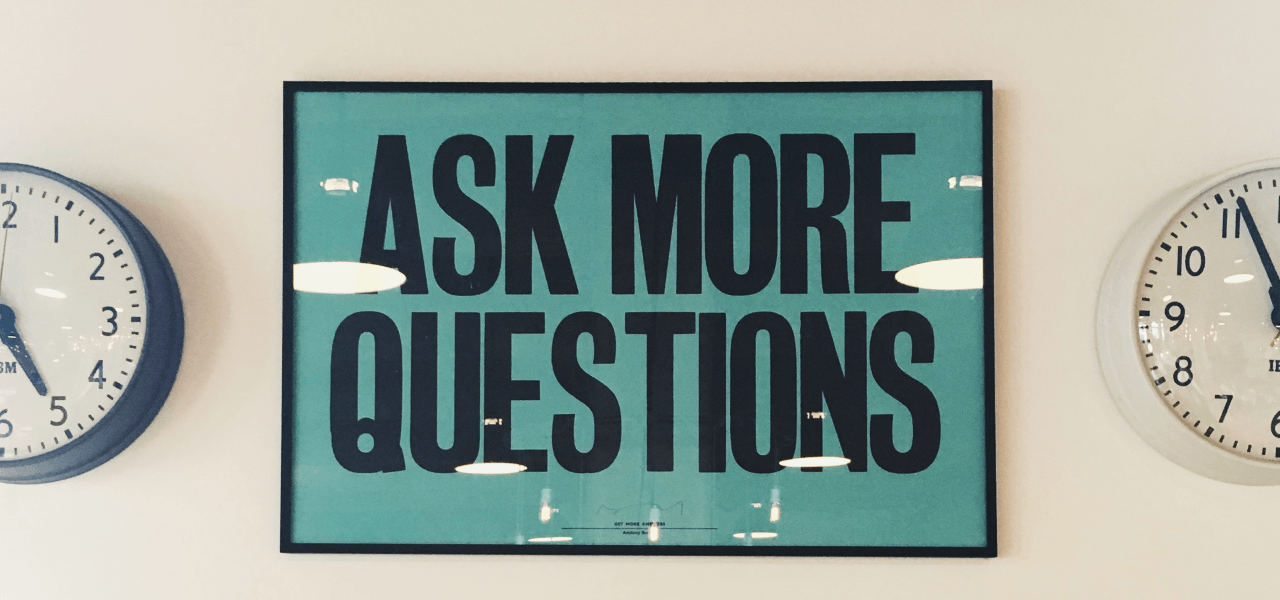
Conducting reference checks
So your candidate sounded great on paper and answered your interview questions with confidence. You might be eager to send them a job offer – but it’s a good idea to talk with the candidate’s references first.
Reference checks deepen your understanding of a candidate’s suitability for the position. They provide insight from another person’s perspective and offer information that may help you make a hiring decision.
Talking with someone who can attest to the candidate’s knowledge, skills and attitudes allows you to:
- verify information provided by the candidate,
- get more information about incidents or situations that you discussed in the interview,
- uncover job-related difficulties such as drug dependency, excessive absenteeism and poor work standards and
- protect yourself against negligent or wrongful-hiring lawsuits.
In internal competitions where the selection process is guided by a collective agreement, you may need to conduct reference checks for all shortlisted candidates. It is extremely important in internal processes that you comply with applicable collective agreement provisions at all stages.
Complying with confidentiality requirements
The reference-checking process is guided by the Freedom of Information and Protection of Privacy Act. The legislation gives you the authority to collect information about a candidate both directly from the candidate as well as from the candidate’s references. However, you must obtain the candidate’s consent if you are collecting personal information about them from a third party (like a reference).
If you are using this personal information to make a decision that directly affects the individual (such as whether or not you will offer them the job), you must retain this information for at least one year after its use. Learn more about privacy guidelines and things to keep in mind when storing information.
Who should conduct the reference checks?
In general, the individuals who conducted the interview are the best people to conduct the reference check. They have the strongest sense of the candidate’s strengths and weaknesses and can ask specific questions based on the information shared in the interview.
Conducting the reference check
- Use behavioural questions when speaking with referees and ask the referee to comment on the candidate’s past behaviour relative to each selection criterion for the position under consideration.
- Keep written records of your reference checks. Remember, under privacy legislation, a candidate can request access to these records. Written records will also make it easier to share information about the candidate with other interviewers. You may need to refer to the documentation to defend your decision not to hire a particular candidate.
Sample template for a reference check
We’ve created a reference-checking template that you can download and modify.
You’ll see on the template that each question is links to a selection criterion. This keeps you focused and provides a legally defensible way to justify your hiring decision. You may also want to use the same scoring system you used for your interviews so that the decision-making process is consistent.
What’s next?
Now that you’ve completed the interviews and reference checks, you have a relatively holistic picture of the candidates on your short list. You’re ready to make a decision about who to hire!
